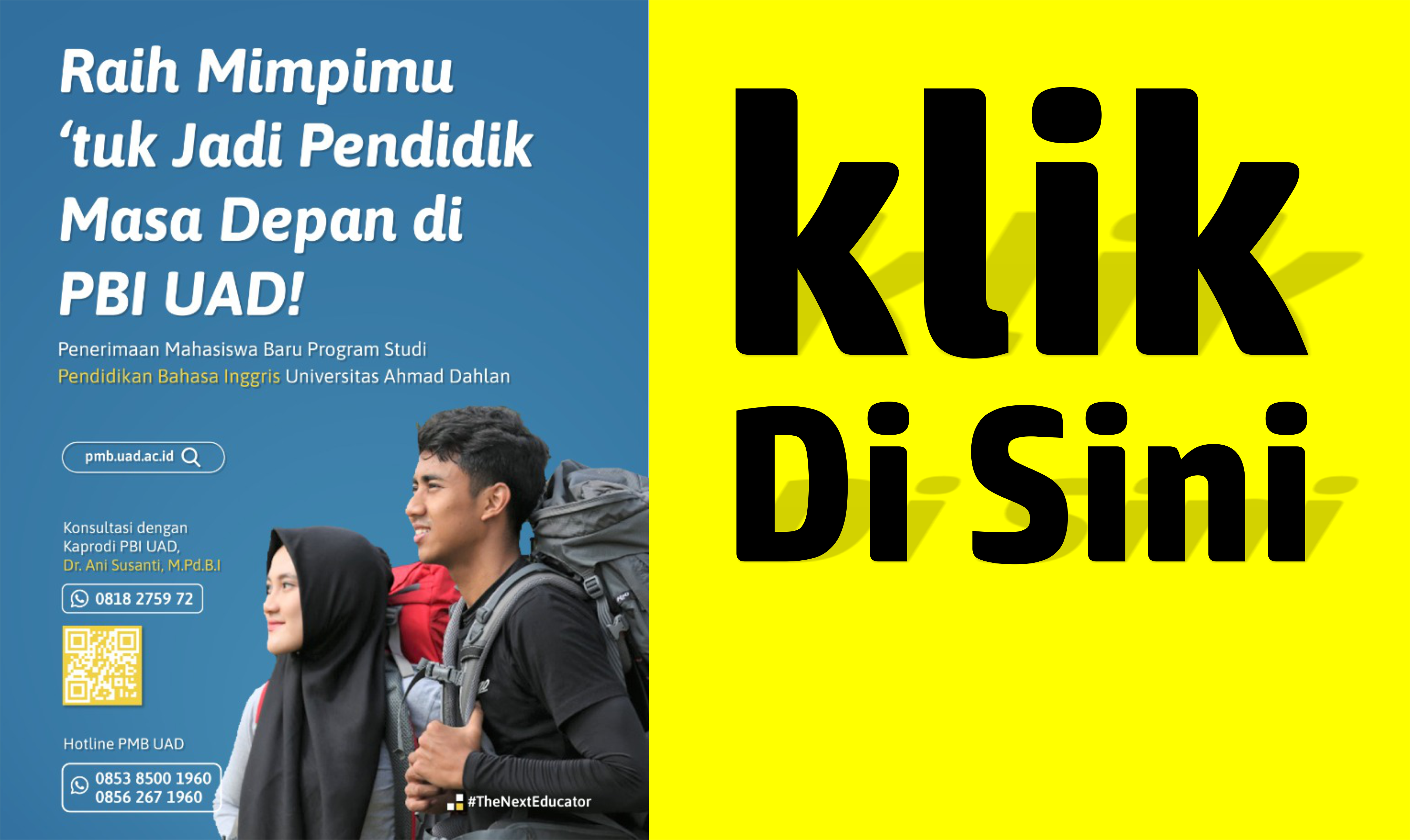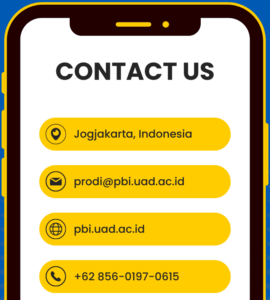| Communicative Language Teaching (CLT) |
Communicative Language Teaching (CLT) is an approach to foreign language teaching that emphasizes the concept of interaction, both in the process and purpose of the learning process. This method is based on the idea that language is a tool for communication, not just a set of rules. Therefore, language teaching should adhere to this understanding, that is, learning a language is learning to use the language, not learning about the language. The main characteristic of CLT is the combination of functional and structural aspects of language. Functionally, CLT emphasizes on how the language is used, while structurally, CLT emphasizes on the language system or rules. However, in its application, the functional portion is greater than the structural portion because the teaching of language rules is not given directly, but is implied in the learning process. |
| Active Learning |
Active learning is learning approach that demands students to be fully involved in learning through activities such as thinking, discussing, investigating, and creating. Compared to conventional learning, active learning is believed to be more effective for students because it places a greater level of responsibility on the students than passive approaches such as conventional lecture. Other activities which are active learning based include discussion, problem-solving, case studies, role-playing, and other methods of the same type. |
| Student- Centered Learning |
Student-centered learning is an approach that places the interests, needs, and goals of students at the forefront of the learning process. In contrast to the traditional approach which is teacher-centered, applying this approach, students take an active role in their learning journey, participating in activities that encourage critical thinking, collaboration, and self-directed learning. Under this approach, students learn either in groups and individually to explore problems and become the active party in the learning process. |
| Cooperative Learning |
Cooperative learning is a teaching and learning strategy that emphasizes shared attitudes or behaviors in working or helping others in an organized cooperative structure in groups of two or more people. among others in an organized structure of cooperation in groups, consisting of two or more people. It’s a form of learning strategy involving several students as members of small groups with different levels of ability. Working in groups, in completing the group assignments, each student member of the group must work together and help each other to understand the subject matter and solve the task and problems assigned. In cooperative learning, learning is said to be unfinished if one of the friends in the group has not mastered the learning material. |
| Project- based Learning |
Project-based learning (PjBL) is a student-centered instructional approach where students actively explore real-world problems and challenges, often collaboratively, over an extended period of time. Rather than traditional teacher-led instruction, PBL encourages students to engage in deeper learning through inquiry, critical thinking, problem-solving, and creativity. There are some key components of project-based learning, such as collaboration, critical thinking, student independence, teacher facilitation, problem solving, and authentic assessment. Overall, project-based learning provides a rich and engaging learning experience that promotes deep understanding, critical thinking, and lifelong learning skills. It encourages students to take ownership of their learning and prepares them for success in an ever-changing world. |
| Problem- based Learning |
Problem-based learning (PBL) is an educational approach that centers on students working collaboratively to solve complex, real-world problems. In Problem Based Learning, students are presented with a challenging problem or scenario that requires them to engage with the subject matter deeply to find a solution. This approach is often used in various fields such as medicine, engineering, business, and education. Furthermore, Project Based Learning is often praised for its ability to engage students in active learning, promote critical thinking skills, and prepare them for real-world challenges. By focusing on authentic problems, PBL helps students develop a deeper understanding of the subject matter and encourages lifelong learning habits. |
| Eclectic Method |
An eclectic approach is a language education method that combines different approaches and methodologies to teach a language depending on the objectives of the lesson and the abilities of the students. Different teaching methods are borrowed and adapted to the needs of the students. |



